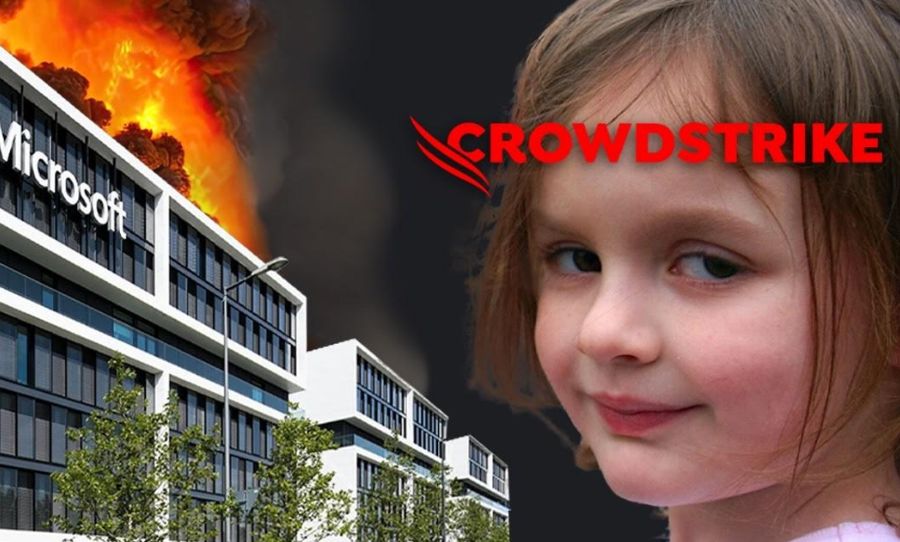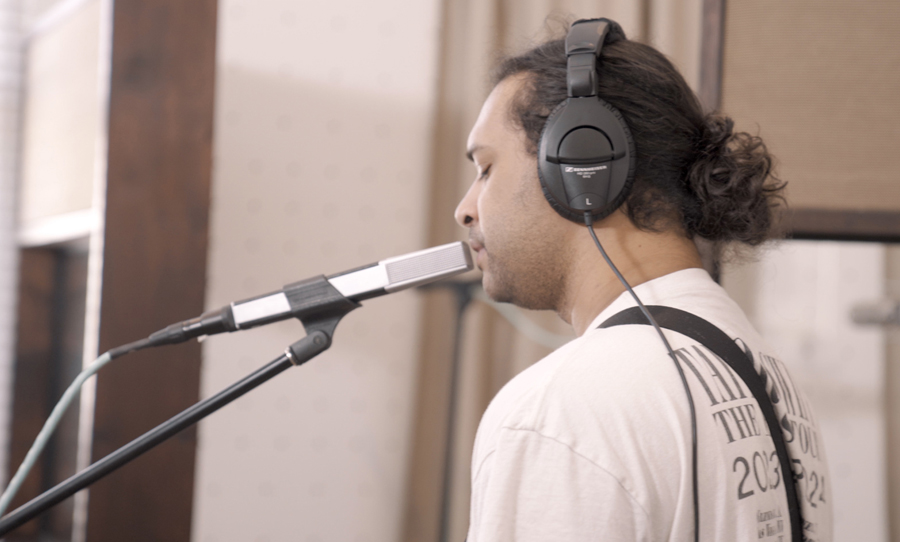As citizens of a modern world, we generally accept the idea that when it comes to cost, it’s different strokes for different folks. Or at least different prices for the exact same thing, depending on where you happen to be. Overlay this concept onto the music industry, and you’re looking at a lot of the same questions.
Most music fans will have experienced the growth of a favourite band; the first time you saw them live you might have paid $10 at a local pub. Over the next year or so they probably got booked into a nice mid-size venue and tickets might have cost you $25. Now they’re famous as, but by this point you need to cough up anything from $50 to $100 before they’ll even turn the amps on.
However, let’s take into consideration the fact that at that first pub gig the sound probably wasn’t that great and the only pyrotechnics were from the dude in the front who didn’t get the message about the smoking ban. A few years down the line and the show (and the band’s experience) has grown to match the ticket prices – it’s a fairly logical equation.
But what happens when the exact same band are playing the exact same tour for consecutive nights, but it will cost you more if you live in a certain area? Or when your only price options far exceed a sensible value for the experience?
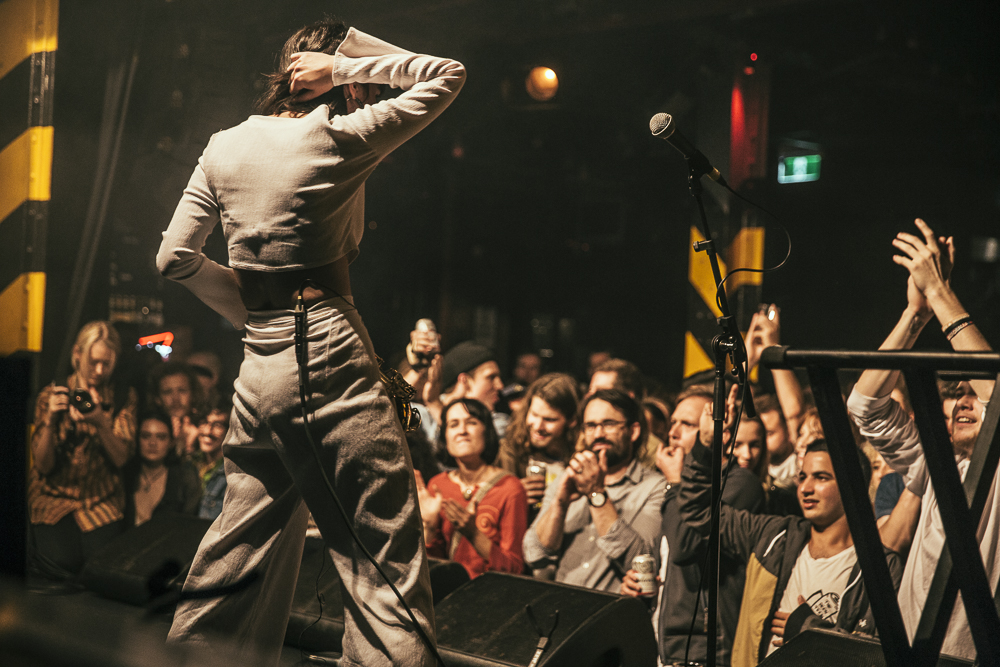
The twisting world of ticket sales is one of the more complex beasts within the music industry. Why do prices fluctuate? What’s involved? How much does a ticket cost?
A recent study in the US found that ticket prices in different states and cities fluctuated wildly. Examining the average cost of top tier general admission, based on sales on tickets for the same act, costs varied by as much as US$60. Here in Australia, it doesn’t seem to be quite as extreme. But the questions remains, why does it cost audiences so much more to see a band in a different city?
The answer lies in basic economics; supply and demand versus profit. Also in the fact that the world of touring is far from simple. On the surface it appears to go like this: band puts on show, you buy ticket, band gets paid, and if you booked online you’re probably familiar with a booking fee. But behind the scenes are multiple deals and contracts between promoters, artists, venues and ticket agents.
We spoke to a ticketing industry source for their thoughts, and to get an idea as to the breakdown of ticket prices. And of course, how this can impact audiences.
Firstly, it’s important to note that prices are usually set by promoters and venues, if a promoter is involved. There is also the logical conclusion that bigger shows cost more to put on; factors like artist fees, production, logistics, venue deal, staffing, travel, size of touring and more all play a part. Also, according to our source, “Depending on the size of the tour there may be multiple promoters with varying bottom lines and contracts/deals”.
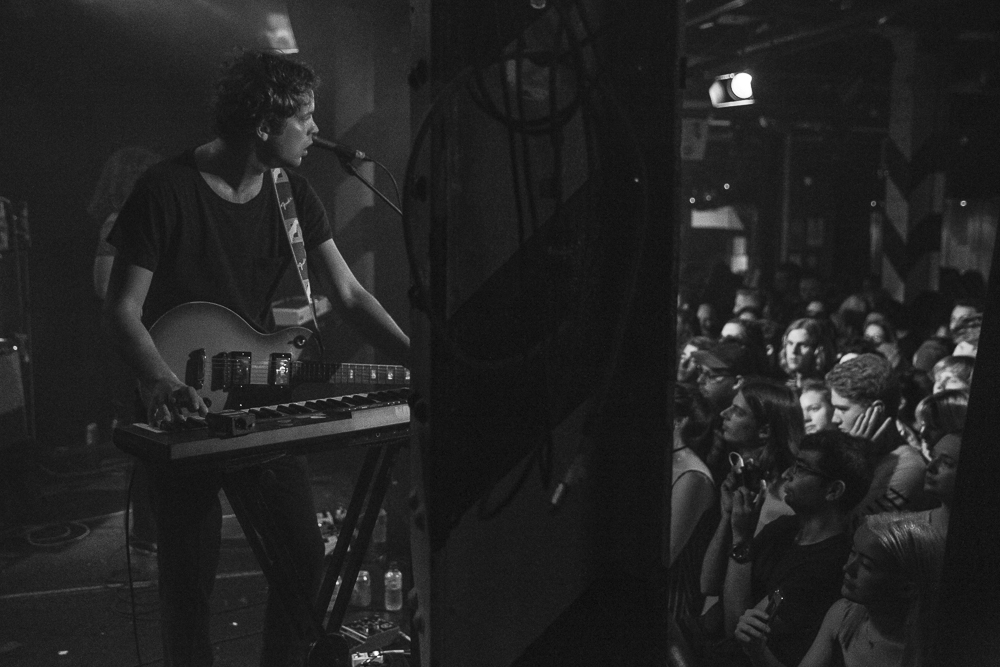
With so many parties involved, those various contracts and deals may demand a higher ticket price to actually recoup costs or make a profit.
Perhaps the second point to remember is that touring is part of the events industry. To most fans, a tour is the band playing pretty much the same show in different locations. The only point of difference between dates and venues probably comes down to which one is easiest to get to.
But from an industry stand point, every show is different. What’s the venue capacity, the hire fee, and does that include backline and lighting? What crew do we need to bring in, what’s the rider budget, what are the amenities for the audience? While the tour is its own entity, every venue is different. These are all factors that play into costs.
Another variable comes from the ticketing charges. Unless you have shopped around for different dates and venues, you might not know that different venues often sell tickets through different providers. And those providers may well include different charges which can change the overall cost of your ticket.
However, there are other business factors that play into ticketing charges. This is where demand comes in, and it really comes down to economics and price theory. What are your demographic willing to pay and what is the ‘sweet spot’ that maximises on that level of demand? This is often a big factor in allocating tiered ticket pricing, for those people who will happily pay hundreds of dollars for VIP packages or premium seats.
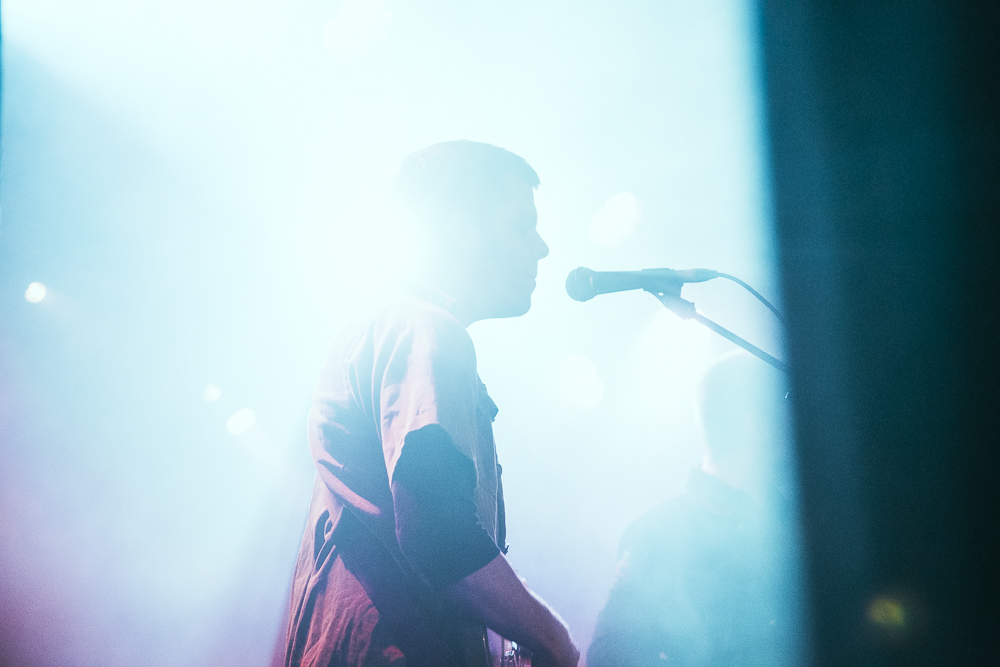
Indirectly, tiered pricing structures can also contribute to the discrepancies between different locations. General Admission tickets will often sell out very quickly in locations like Sydney or Melbourne, leaving fans with two options: spend top dollar on premium or VIP seating at their local venue, or travel to a different location where GA is still on sale. Even with travel and accommodation, the second option can still be cheaper.
A number of people have done just that. But as far as the industry is concerned, if you’re talking about sell-out acts, this problem is largely unavoidable. Capital cities are home to many more people, usually with more disposable income, compared to regional centres. Our source also made the interesting point that, from a business standpoint, promoters are well aware that some areas perform poorly compared to others.
“[If] the promoter expects to lose money on south coast, west coast and/or regional centres, price increases in these territories may deter potential customers further. The answer is to raise costs where demand is high so that the tour is profitable even if losses are incurred in other territories.”
On the other hand, promoters will ideally select tour dates to hit cities where they are more certain of sales, rather than risking the above scenario. This is something that is particularly relevant to international acts, as Australia is a largely expensive territory to tour, offering little return. Music is art, and art has always had a strange relationship with commerce.
We happily part with money for shows and recordings and we accept that some musicians are amongst the richest people in the world. But we still baulk at the idea of music being a business, which the events industry very much has to be.
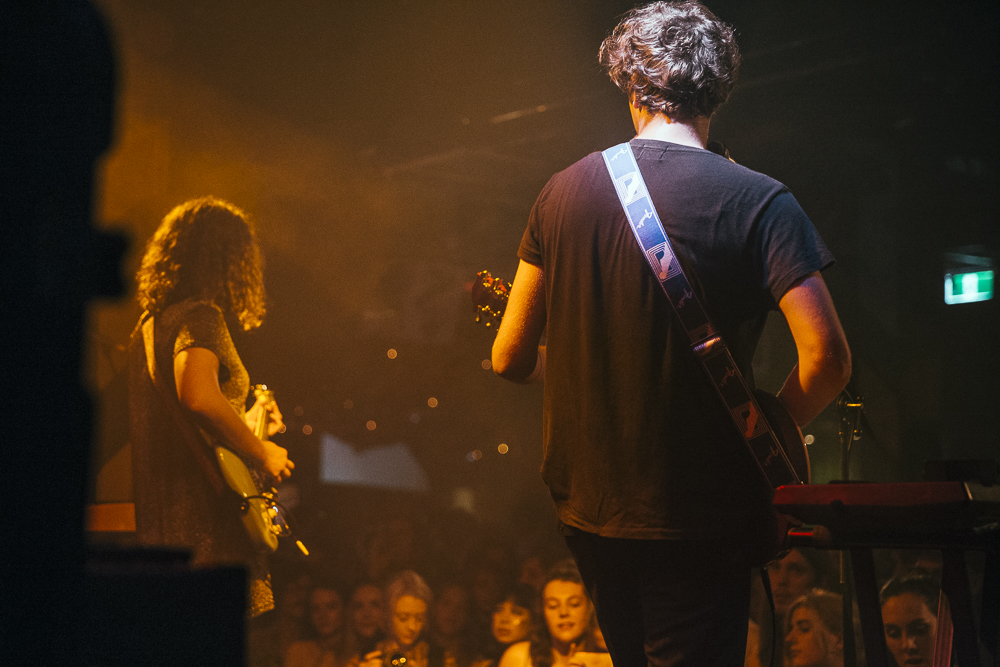
Unfortunately it’s a business which very unwillingly supports another. Even just broaching the subject of scalping with someone within the music industry, there’s clearly no debate; “where to start… ticket scalping literally costs the industry billions every year.”
The term ‘scalper’ is often applied to the shady individual who will “buy or sell” tickets outside a venue. But we’re also talking about much bigger threats.
Some ticketing companies are profiting by putting allocations directly onto secondary sites, which they themselves own. Our source explained that with those tickets never released on general sale, fans are paying extortionate amounts and artists are losing immense revenue. It’s unclear as yet whether scalping directly impacts the face value of tickets, but it is certain that bands and fans are the losers here.
It is also clear that an industry that is up in arms about the value gap in streaming royalties, should also make just as strong a complaint about the value gap created by scalping. This is only the briefest of outlines to sketch out this problem, but it is a big one – and one which could well impact fans more and more if left unchecked.

